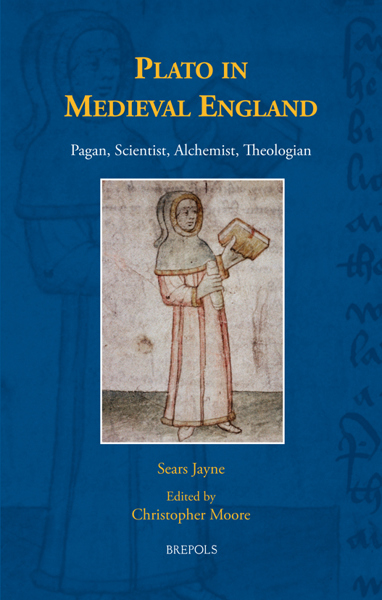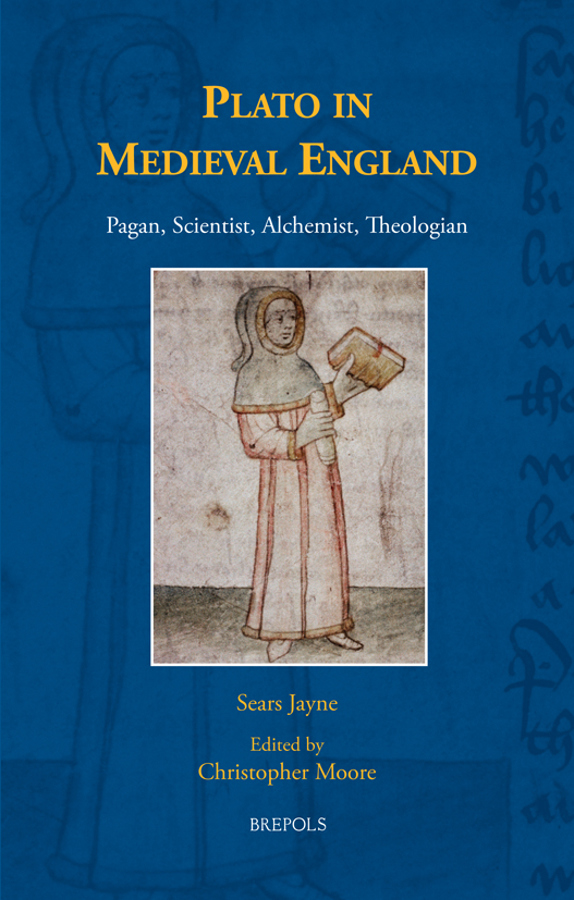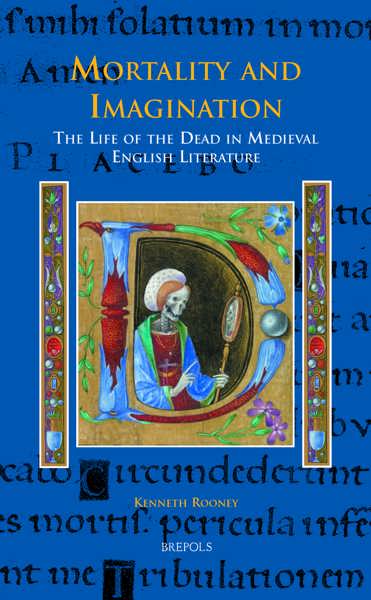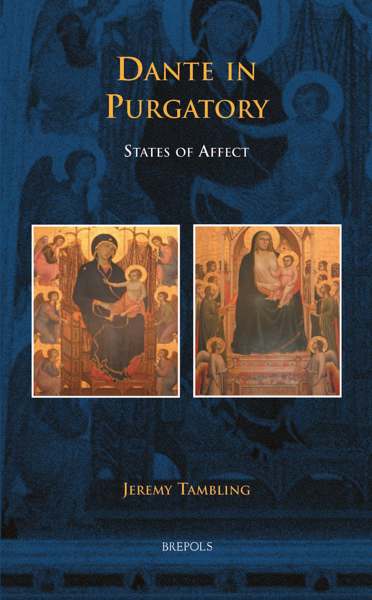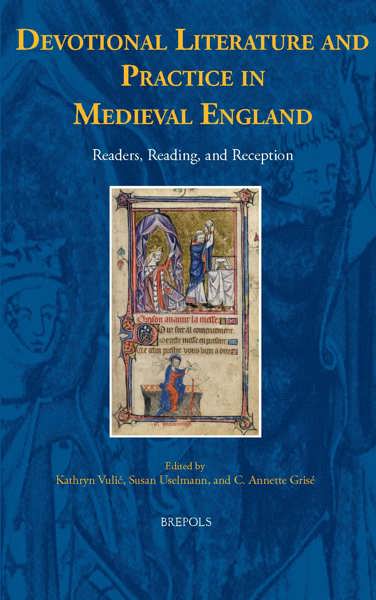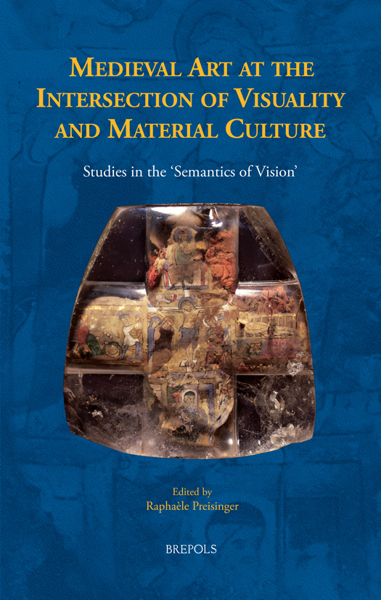
Sears Jayne
Plato in Medieval England
Pagan, Scientist, Alchemist, Theologian
Christopher Moore (ed)
- Pages: 400 p.
- Size:156 x 234 mm
- Illustrations:16 b/w, 47 tables b/w.
- Language(s):English
- Publication Year:2024
- € 110,00 EXCL. VAT RETAIL PRICE
- ISBN: 978-2-503-60108-3
- Hardback
- Available
- € 110,00 EXCL. VAT RETAIL PRICE
- ISBN: 978-2-503-60109-0
- E-book
- Available
Every age has their own Plato. From 55 BCE to 1423 CE, the English knew Plato not as the Socrates-memorializing author of several dozen philosophical dialogues but as a forerunner of Christian theology and proto-scientific alchemy. This book gives an intellectual history of medieval England by tracking his surprising career in handbooks for clergy, interpretations of Latin literature, and increasingly expansive encyclopedias.
« (…) Sears Jayne a écrit un livre parfois amusant, toujours très clair et qui se lit avec plaisir. » (Anne de Saxcé, dans Archives de Philosophie, 87/2, 2024, p. 202)
"The book as a whole is a valuable contribution, illustrating the long suppression and late "rebirth" of Plato in England, and showing how cultural, religious, and institutional filters shaped the medieval image of one of antiquity's greatest philosophers. It closes with a very useful Appendix containing a table of works attributed to Plato in England before 1485, as well as a chronological list of manuscripts attesting to Plato's textual presence in England. This is a meticulous reconstruction - period by period, source by source (catalogues, manuscripts, citations, anecdotes) - of what medieval English scholars actually knew about Plato." (Monica Brînzei, in Sehepunkte, 25/10, published online, 15 October 2025)
Sears Jayne (1920–2015), emeritus Professor of English at Brown University, was a scholar of Renaissance English literature, and a specialist in bibliography and library collections.
Christopher Moore, the editor of this posthumous work, is Associate Professor of Philosophy and Classics at Penn State, and is the author of several books on Plato in his intellectual historical context and editor of several collections on the reception of Socrates.
From the time of the Roman Republic, continental Europeans traveling to England brought knowledge of Greek and Roman intellectual culture in the form of books of every genre. But, until 1111 CE, the island contained not a single Platonic dialogue. And for the next two centuries, it had only a partial Latin translation of the Timaeus. A Latin Phaedo eventually appeared, in 1340, and the Meno in 1423. But this hardly limited the number of ideas people had about Plato. He was a proto-Christian, a sage, a scholar of the cosmos, and a healer. And he had an elaborate oeuvre that did exist in England, works of astrology, numerology, medicine, and science, including Cado, Calf, Circle, Herbal, Question, Alchemy, and Book of Prophecies of a Greek King.
This book tells the story of Plato in Medieval England, from a name with too few works to a sage with too many. Based on a complete survey of all extant manuscripts, publications, and library records until the fifteenth century, it traces with extraordinary precision the movement of opinions and information about Plato from Europe to England and then into its various monasteries, schools, and universities. This erudite and illuminating sociology of knowledge provides novel insight into the dubious English career of our best-known philosopher. This is intellectual history and reception studies at its most surprising.
Editor’s Introduction
Author’s Introduction
Chapter 1. The Romans (55 BCE to 449 CE)
Chapter 2. The Early Benedictines (449–943)
Chapter 3. The Dunstan Reform (943–1066)
Chapter 4. The Early Norman Period (1066–1150)
Chapter 5. The Later Norman Period (1150–93)
Chapter 6. The Universities (1193–1221)
Chapter 7. The Friars (1221–1340)
Chapter 8. The Seculars (1340–1423)
Conclusion
Appendix
Table of Manuscripts
Outline of Discussions
Bibliography
Sears Jayne (1920 – 2015): Bibliography
Index
